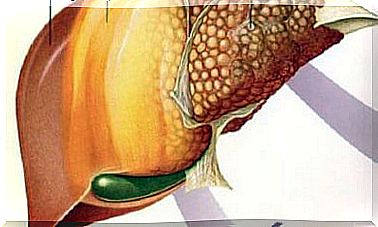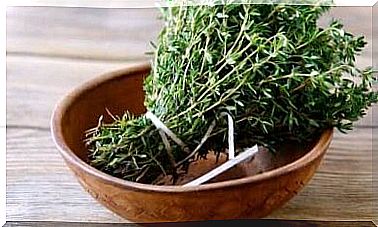Hiccups: Definition And Possible Causes

You will certainly have suffered from hiccups in the less suitable situation, which will have prompted you to curse the uncontrollable noises you made. It often happens that different people offer you different remedies to prevent or stop it. But what exactly is hiccups?
From the Latin singultus , hiccups, or synchronous diaphragmatic flutter (FDS), consists of a spasmodic and involuntary contraction of the diaphragm, the muscle that separates our abdomen from the chest.
The diaphragm plays a vital role in breathing as it allows the entire rib cage to expand and contract to direct air to the lungs.
Although in most cases, hiccups are a reversible and temporary phenomenon, in some cases they become persistent. In this article, we explain what hiccups are and everything you need to know about this phenomenon.
What is hiccups?
Hiccups consist of a series of involuntary contractions of the diaphragm. When this occurs, the vocal cords close abruptly, causing the classic “hic” sound.
The diaphragm, like any other muscle, reacts to stimuli it receives from the nerves. In this case, the phrenic nerve has the task of stimulating the movement of the diaphragm. Sometimes this nerve sends out abnormal impulses that cause the diaphragm to contract unnecessarily.
We can classify hiccups according to their duration as acute, persistent or intractable. Acute is the most common form and can last up to 48 hours; it is self-limited and is usually destined to disappear within a few minutes.
Persistent hiccups last between 48 hours and one month; the intractable one lasts for over two months. The latter affects only one in 100,000 people and is generally associated with serious illnesses, such as cancer.

Why does acute hiccups occur?
The most frequent form is the acute one that occurs in the presence of simple situations such as having eaten too much or too quickly. But it can also be due to the ingestion of carbonated or alcoholic drinks.
In addition to this, it often happens to swallow air while chewing gum or candy; also this situation is able to favor the onset of hiccups. Curiously, acute hiccups can appear in situations of stress or anxiety, although this is less common.
Why does persistent hiccups occur?
When hiccups last longer than 48 hours, it can be a symptom of a health problem. This condition may be due to a phrenic nerve injury. As we have explained, it is the nerve that has the task of sending impulses to the diaphragm.
This nerve extends from the brain to the diaphragm. Along the way, it can suffer injury from a variety of possible causes: tumor, cyst, thyroid hypertrophy, and even an infection that inflames the throat or larynx.

On the other hand, an injury to the central nervous system can also alter nerve impulses. These include a brain tumor, stroke or meningitis.
Finally, persistent hiccups can appear as a side effect of certain medications or some anesthetics. It can even be a symptom of diseases such as diabetes or kidney failure.
In conclusion
In most cases, hiccups are acute, meaning they are bound to resolve on their own within minutes. However, if the phenomenon continues for more than 48 hours, it is advisable to consult a doctor.
In these cases, it is necessary to go back to the cause to treat it. While the hiccups don’t seem to go away, some studies say it is possible to use medicines to control it, including baclofen or chlorpromazine.









